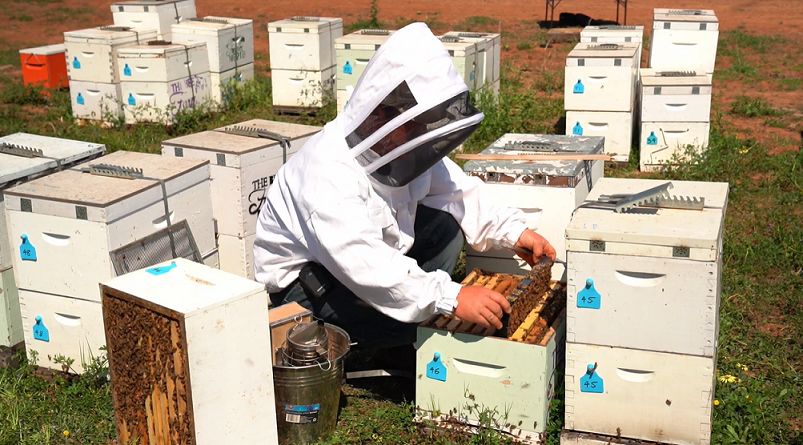Rules and Regulations for Australian Beekeepers
Beekeeping can be a satisfying and fruitful hobby, but it’s not quite as simple as taking up knitting or model-making. Because living creatures, food products, and potential hazards are involved, even hobby beekeepers need to follow Australian regulations.
Although each state has slightly different rules and processes around registration and reporting, they all have similar guidelines and general requirements for beekeepers. You’ll need to pay a registration fee, monitor and report disease or parasites, keep good records of hive movements, and allow inspections of your hives when required. It’s also essential that you care for your bees properly to keep them healthy and prevent swarming behaviour.
Here’s our rough guide to Australian beekeeping rules:
Registration
When you start beekeeping, you must register with your state and pay a fee. Check with your state government to find out how.
Hives need to be registered as well, so they can be checked and monitored for disease or parasites. Most states require that you paint or mark the registration number on the hive to make things easier for inspectors. You will also need to keep hives with individually movable frames, so they can be removed easily for inspection.
If you continue to keep hives, you will need to renew your registration regularly – every two years is common.
Monitoring and reporting requirements
As a responsible beekeeper, you must monitor your hives for disease or infestation regularly. If you find signs of disease or parasites, you are also responsible for reporting this to local authorities. They will usually inspect affected hives and recommend treatment or destruction.
In most states, you need to keep a record of hive movements, so the relevant authority has a record of where they are located. You don’t usually need to submit these records unless you’re asked, just make sure they’re accessible if needed. Some states also require notification if you sell or destroy hives.
Storage and hygiene
To keep outbreaks of disease under control, there are also regulations covering disease management, sterilisation, and even storage of honey products.
When AFB (American Foul Brood) is detected, bees are destroyed and infected equipment must be sterilised or destroyed. The state inspector will usually give you written directions, which must be carried out by a set date.
Because bees can catch diseases by eating infected honey, there are also regulations around storage of honey. Honey, honeycomb, wax cappings, and any equipment that has not yet been cleaned must be kept out of reach of bees at all times.
To prevent the spread of disease, some states require that any bees, bee products, or used beekeeping equipment have health certificates before they’re imported into the state.
Noise and neighbours
Beekeepers, particularly in urban areas, need to be considerate of their neighbours. Beehives can be noisy, and many people dislike having bees flying in their gardens.
Being considerate means keeping hives away from boundary lines and neighbours’ dwellings. Hives should be more than three metres from boundary fences unless you have a two-metre bee-proof barrier in place. You’ll also need to keep your hives under the state limit if you’re in an urban area, and face hives away from your neighbours’ properties to minimise the number of bees flying into their gardens. Place hives in the back garden, as bees from hives in a front garden may fly out into the path of people passing.
If the state does receive a complaint about your hives, you may be required to move them or make changes to minimise the issue.
Responsible beekeeping
Australian regulations also require that you follow good beekeeping practices, both to keep bees healthy and to minimise issues with swarming and disease.
This means you’re required to manage colony size to prevent swarming and capture swarms if they come from your hives. You must provide water if there’s not a nearby water source, and keep hives in a sheltered, partially shaded area. A water supply can be as simple as a container of water with floating material for bees to land on. If you’re a beekeeper in an urban area, you also need to start colonies with young, docile queens, and re-queen if your colony becomes aggressive.
Starting out right
Because every state has slightly different rules and regulations around beekeeping, it’s a good idea to check with your state agriculture department before you start buying bees and equipment. When you read through the paperwork, it might all sound like a lot of work, but you’ll soon find that most of the requirements are things you would be doing anyway as a responsible beekeeper. It’s all about keeping your colony strong and healthy, preventing the spread of disease, and minimising issues for the people living around you.
Want to find out more about beekeeping? Talk to the experts at Ecrotek.

